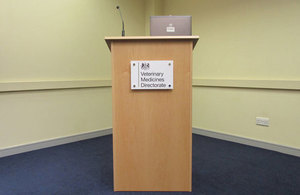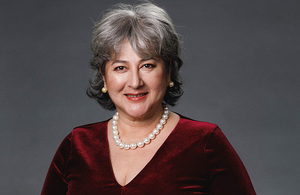I am today announcing to the House the launching of a consultation on statutory guidance to be issued to taxi and private hire vehicle (PHV) licensing authorities and that the government has issued its response to the report of the Task and Finish Group on taxi and private hire vehicle licensing.
The draft statutory guidance proposes a range of robust measures to protect taxi and PHV passengers, particularly those most vulnerable. Government and licensing authorities must work together to ensure that, above all else, the taxi and PHV services the public use are safe. The consultation on this guidance will run until 22 April 2019.
The taxi and PHV trade has experienced significant and rapid changes in recent years which have brought with them benefits but have exacerbated concerns over the existing structure of the industry and the environment in which it operates. In particular, many of these changes have highlighted inconsistencies in the licencing standards, and in the rigour with which these standards are applied by some licencing authorities.
The recommendations proposed in the draft statutory guidance are a result of extensive consultation, and in particular learning from the best practice of exemplary licensing authorities.
Consulting on statutory guidance is an important first step to reforming the way the taxi and PHV sector is regulated.
In addition to the statutory guidance consultation, the government is today publishing its response to the report of the Chair of the Task and Finish Group. The government has set out its plans to introduce legislation and bring forward the urgent reforms necessary. I would like to take this opportunity to thank the Chair, Professor Mohammed Abdel-Haq, for his report, and the members of the group for their dedication in considering the issues facing the trade and their potential remedies.
Government will when time allows bring forward legislation to introduce national minimum standards for taxi and PHV licensing, reinforcing the consistently high standards that the statutory guidance will bring to the sector. To ensure that drivers are under the same level of scrutiny when operating away from their licensing area we will legislate to enable enforcement and compliance checks to be conducted by any licensing officer against any vehicle regardless of where they have been licensed. Where drivers or vehicles fail to meet the national minimum standards, they will be able to take appropriate action to protect the public. Underpinning these measures will be the introduction of a national licensing database to assist the sharing of relevant information between licensing authorities and other bodies necessary to ensure that all those in the trade are ‘fit and proper’ and warrant the trust that is placed in them by the public. This database will build on the work of the Local Government Association and the National Anti-Fraud Network in establishing the National Register of Revocation and Refusals.
Taxis and PHVs provide a vital community service which is used by many people; helping them get to the shops, see their friends, or go to work or school. We will work with the trade, drivers and regulators as well as passenger groups to meet the challenges the sector is expected to face in the future and ensure that change is not at the expense of a safe and well-functioning market.
This work is already underway thorough the Future of Mobility Grand Challenge and the Law Commission’s consideration on enabling autonomous vehicles. I would encourage all to engage on these issues and help shape a successful sector that all can be proud of.


